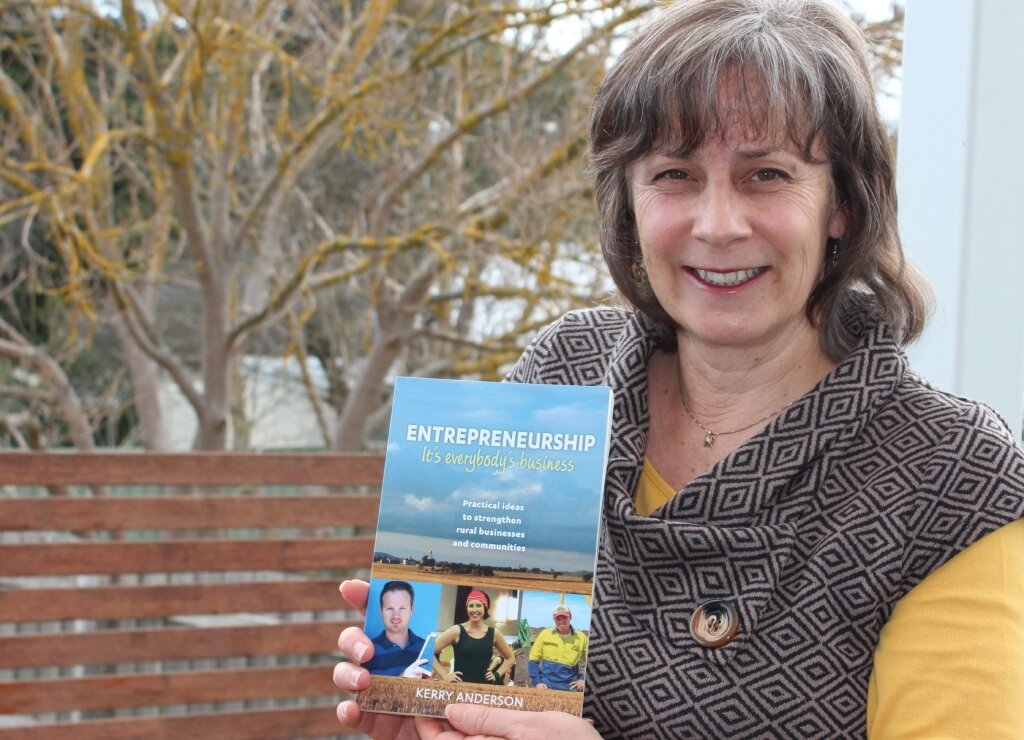Rupanyup Living
Why start a small business in a rural town? In 2012, Claire Morgan created Rupanyup Living in response to a long period of drought followed by a severe flood. The community needed a positive boost and Claire was up for the challenge. But, as she has discovered during the COVID-19 lock down, the reason you start a business is not always the reason you continue.
Claire Morgan, creator of Rupanyup Living
Claire and her husband David moved to Rupanyup in 2009. Both from farming families, they were excited to purchase their first cropping property together. ‘We wanted to have a go out on our own,’ Claire recalls. ‘We went and had a look at this property and fell in love with it. We also wanted to bring our children up in a rural community.’
Right from the beginning they were confronted with some challenges. They purchased the property in the midst of a prolonged drought and then watched their rural community endure severe flooding. ‘It washed out crops and was quite devastating financially and emotionally on the town. It was a real blow.’ Add to this a vacant store building in the middle of the main street and Claire’s entrepreneurial brain got ticking.
William Cust played an important role in the development of the Wimmera region. He followed the railway line as it was built and opened a general store in each town that sprang up in its wake. In 1872 it was Rupanyup’s turn. While the original building is long gone, in the 1980’s the local Lion’s Club built a replica that sits strategically in the centre strip of the main township.
‘It was vacant and looked quite sad,’ says Claire. ‘It needed a coat of paint, but I could see it was a perfect spot to set up a beautiful boutique gift and homewares store.’
With a small rent being paid back to the community, Claire now maintains the Cust’s Store building and has developed an outdoor seating area.
An impetus for establishing a boutique store arose from her own needs as a young mother living in a rural town. ‘With a small population of 500 it is hard to buy nice things whether it is a gift or something for your home.’
With these needs in mind and some experience in retail she established Rupanyup Living in Cust’s Store. A coffee machine was also installed allowing customers to enjoy a coffee and a place to gather and chat.
Deciding what products to stock in such a small space has been a balancing act Claire admits.
‘As the business has grown it has become easier. At first I saw my role in the community as a support to help bring people together and to give back after they welcomed us to the town, but over time I’ve realised that I’m running a business and I need to make money at the end of the day. I’ve worked hard and got to know my customers and what rural women like. I’ve got better at buying the right products for the store.’
Development of the silo art trail across the Wimmera has also brought increased business and a new type of customer.
‘Local customers like the candles, soaps, produce, and food hampers. Tourists are more interested in gifts and souvenirs. They want to see something Australian and different, not brands that they would see in their shops back at home.’
Claire networks extensively with creatives across the region and attends gift fairs to source products. She also came up with her own product idea.
‘Our town had been working on ways to promote itself and bring people here. I came up with the idea of a locally grown product that would sit nicely with Rupanyup Living. The flavour had to be chocolate, decadent and made with chickpeas. We are proud of what we grow on our farms and it was an opportunity to share my passion for good quality local product with people travelling through.’
Claire played with the recipe for six months. ‘Chickpea flour doesn’t rise so it works really well with brownies.’ She continues to introduce new flavours such as mint, vanilla and chilly and the good news is that customers can also buy their own packet mixes.
‘People are so busy. I created a quick and easy recipe for them to whip up at home. The recipe is on the back of the packet. Customers come back for more or buy online’.
Yes, Rupanyup Living is also online! In 2016 Claire realised that the store needed to reach a larger audience to be viable. A local marketing business in nearby Warracknabeal did the hard yards.
‘They did the research, organised professional photographs, and set it up on a Shopify platform. I upload photos of products myself and it is easy to use.’
Thanks to word of mouth referrals and a vibrant Instagram account, destination shoppers come from a 100-kilometre radius. ‘Nothing beats a visit, have a cuppa, taste the brownies. Enjoy. Then customers can go back to our website.’
Claire makes a point of connecting with tourists as they travel through. ‘They enjoy the experience of being in the boutique and I’ve got to sense that they want to be closer to our story and our lifestyle. By making that connection when they travel through, they can continue buying online and being a part of our community.’
Despite closing the doors during the initial Coronavirus lock down in April and May 2020, online sales remained open.
‘We bunkered down and focussed on what we could control. I missed a lot of good trade instore for Mother’s Day and Easter but there was nothing I could do about it. Home schooling was a priority and we were busy on the farm with cropping. The online store went really busy which was wonderful. People realised that small rural businesses would be struggling.
When school resumed and restrictions were eased allowing the store to be reopened, Claire realised something important.
‘I was so ready to go back. I realised that I need Rupanyup Living just as much as the community. Living rural, you wear so many hats and the business gives me a break from the farm. This is one role that I cherish and love.’
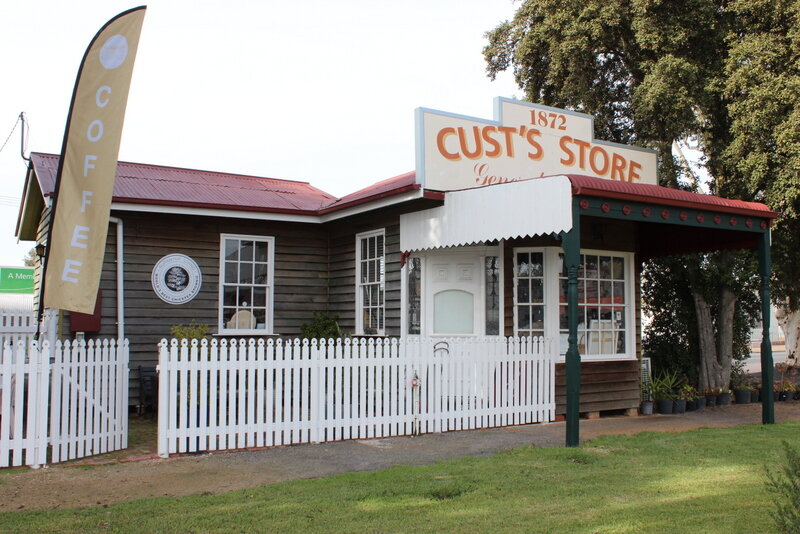
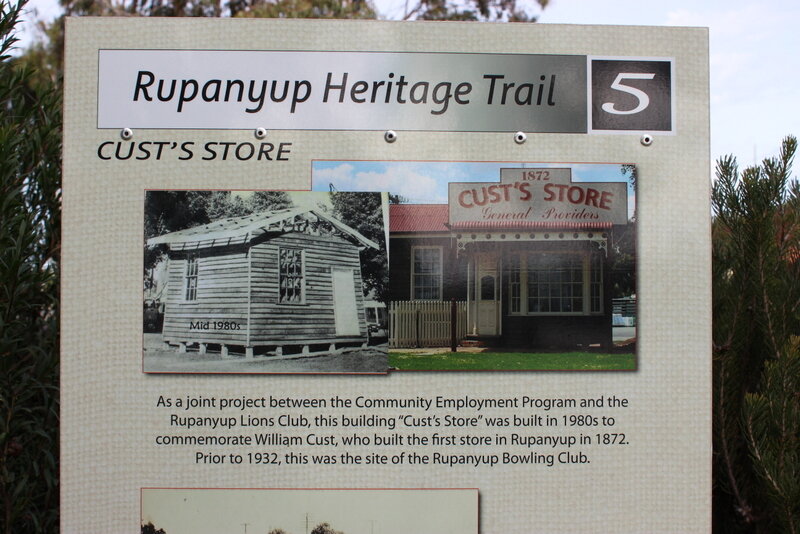
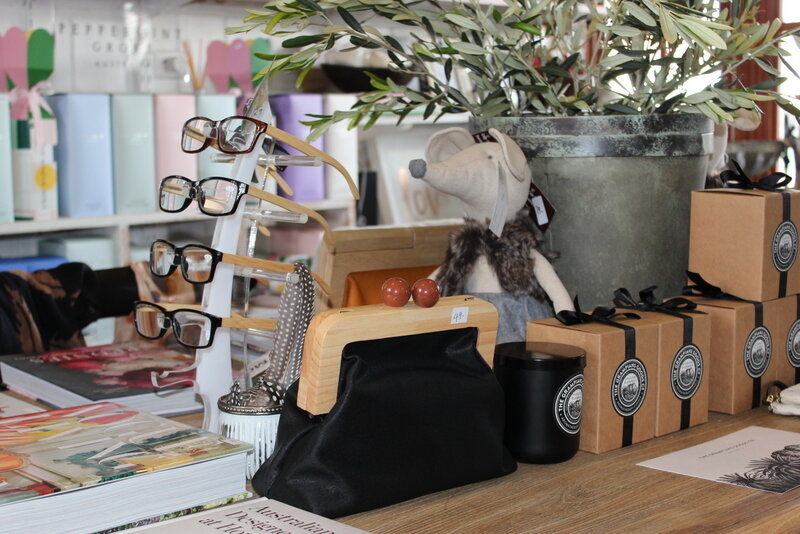
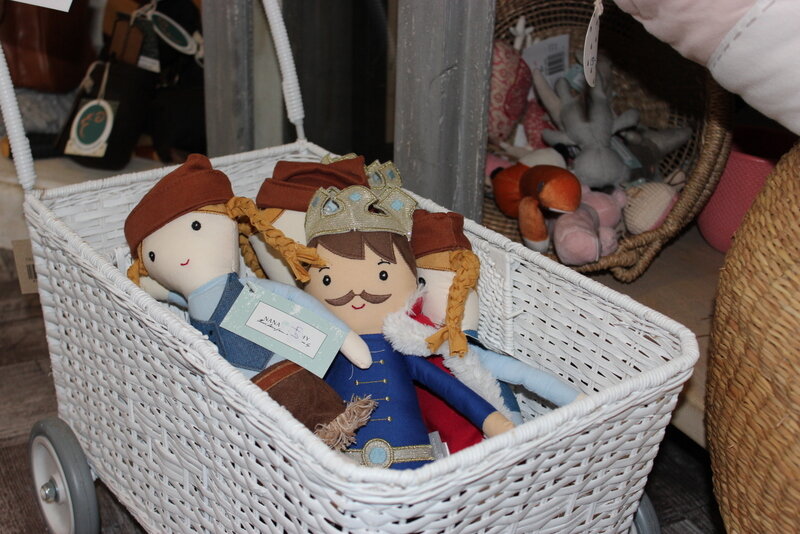
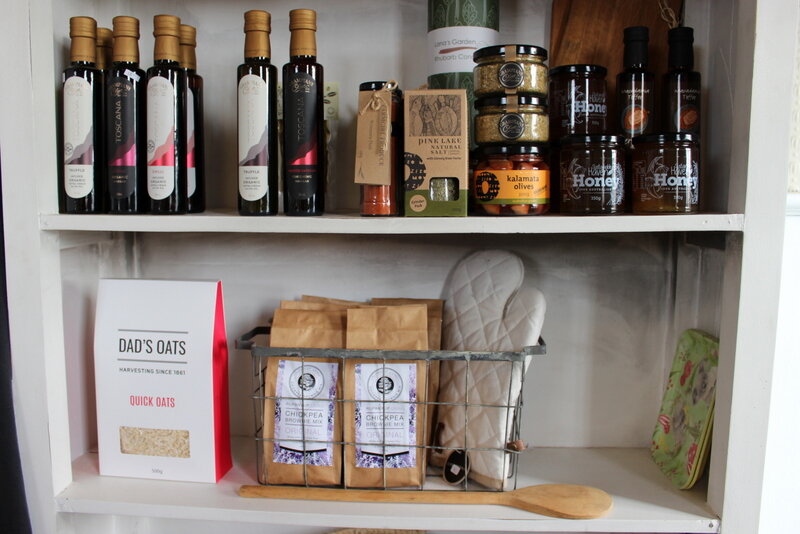
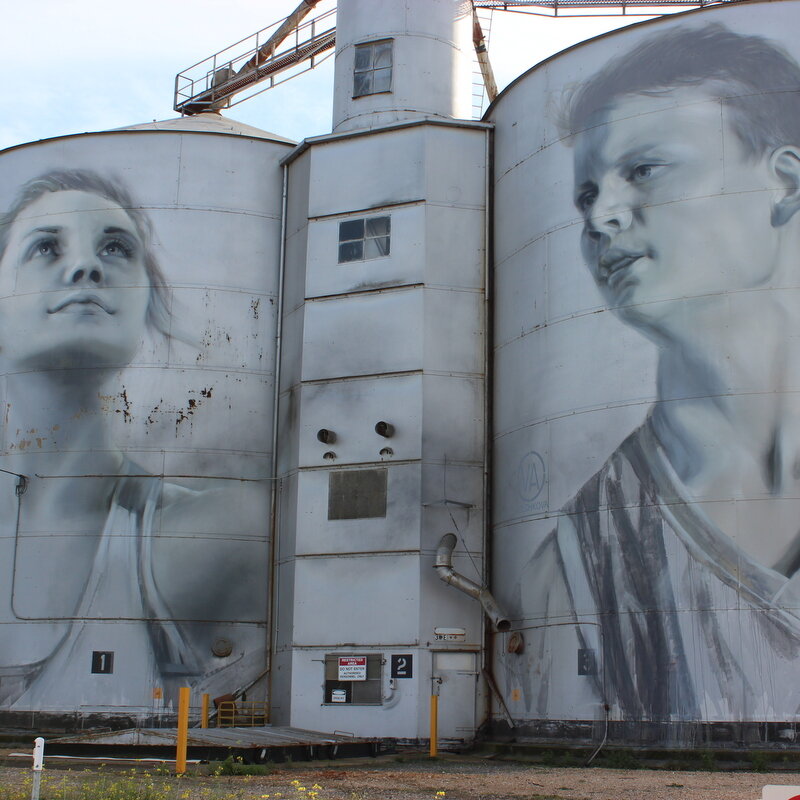
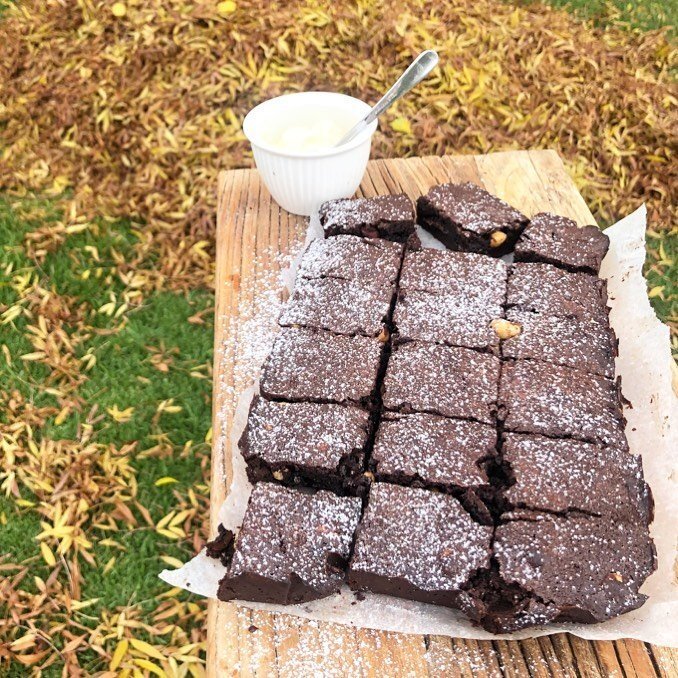
KERRY ANDERSON: Founder of the Operation Next Gen program and author of ‘Entrepreneurship: It’s Everybody’s Business,’ Kerry works with small businesses and rural communities to help them embrace new opportunities. In 2018 she was named as one of Australia’s Top 50 Regional Agents of Change. READ MORE

